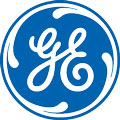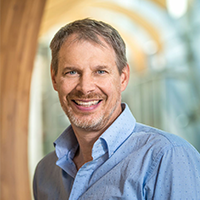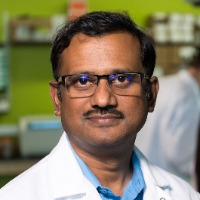Jun
21
2017
On demand
Addressing the critical bottlenecks in the cell & gene therapy manufacturing pathway
Wednesday 08:15 PDT / 11:15 EDT / 16:15 BST / 17:15 CEST

Watch this exciting On Demand Webinar with a panel of leading experts from the cell and gene therapy sector as we discuss the key bottlenecks in the manufacturing pathway and the latest advances in addressing them.
This interactive Q&A session features a panel of specialists from industry and academia with questions posed by key opinion leader Dr Peter Zandstra, University of Toronto.
In this webinar they discuss:
- Challenges in managing and scaling a complex supply chain that relies on human starting material and ends with a living product.
- The critical factors to consider when deciding when and what to automate in your manufacturing pathway.
- Whether there is a need for more genuine innovation in the sector versus customizing tools and technologies from other industries.
- How to approach process changes as your product moves towards commercial-scale manufacture.
By registering to view this On Demand Webinar you are also signing up as a member of Cell & Gene Therapy Insights and agree to be contacted by Cell & Gene Therapy Insights’ sponsors. We will email you a username and password so you can read all our open access content.




